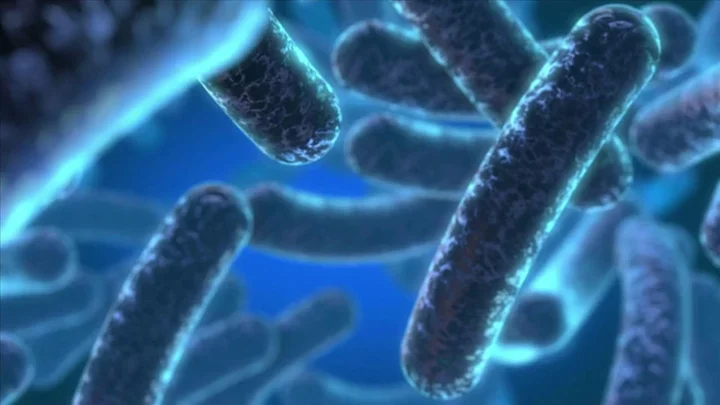Scientists have made an astonishing discovery that suggests bacteria contain memories to be passed on to future generations.
Researchers at the University of Texas and the University of Delaware found that despite having no brain or nervous system, certain bacteria may be able to form memories and remember certain behaviours depending on the available cellular iron.
When iron levels are low, bacteria can hunt for local iron in their environment, prompting scientists to believe its memory has evolved, according to Science Alert.
"Bacteria don’t have brains, but they can gather information from their environment, and if they have encountered that environment frequently, they can store that information and quickly access it later for their benefit," Souvik Bhattacharyya, the lead author of the recent study said.
"We show [...] that a prior experience of swarming is remembered when Escherichia coli encounters a new surface, improving its future swarming efficiency," Souvik explained.
"An iron-based memory might offer the advantage of providing a hub connecting various stress responses such as antibiotic survival and biofilms."
The 'memories' lasted for around four generations, before generally coming to an end by the seventh.
"Before there was oxygen in the Earth’s atmosphere, early cellular life was utilizing iron for a lot of cellular processes. Iron is not only critical in the origin of life on Earth, but also in the evolution of life,” the study author went on to explain.
"It makes sense that cells would utilize it in this way."
How to join the indy100's free WhatsApp channel
Sign up for our free Indy100 weekly newsletter
Have your say in our news democracy. Click the upvote icon at the top of the page to help raise this article through the indy100 rankings.









